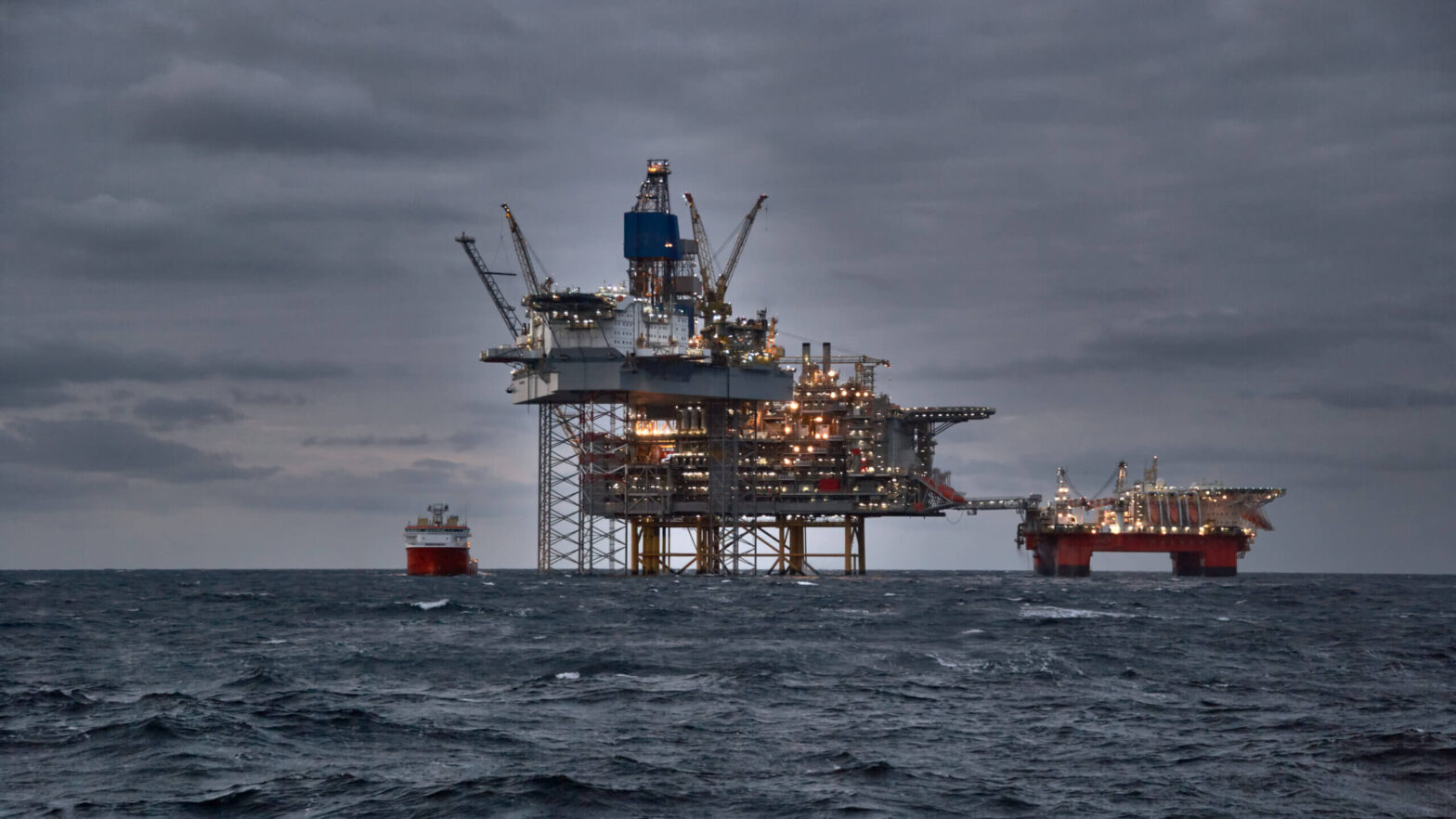COP27: A Missed Opportunity also for the Mediterranean Basin
As we had feared, the recently concluded COP27 has been a climate summit hijacked by the oil and gas companies in such a way that no progress has been made on commitments to reduce greenhouse gas emissions.
Despite the growing seriousness of the climate emergency, the text drafted by the Egyptian Presidency, host country of COP27, and finally agreed upon, makes no mention of the need to phase out fossil fuels and only makes very scant reference to Climate Science and the goal of keeping the increase in the average global temperature to 1.5°C above pre-industrial levels. The latter was included thanks to the ultimatum given by the European Union, which threatened to withdraw from COP27 if such a reference was not made explicit.
This outcome of COP27 was to be expected since Egypt is a country that is intensively searching for oil and gas in the ocean, both in the Mediterranean Sea and in the Red Sea, and has long been greenwashing natural gas – which is nothing more than a fossil fuel with a high climate change potential – by falsely selling it as a bridge fuel in the energy transition, which contradicts the recommendations of the UN Intergovernmental Panel on Climate Change (IPCC).
It was in the interest of the fossil fuel industry and the oil states that supported it at COP27 to promote the use of gas and thus justify an avalanche of new hydrocarbon exploration and exploitation projects, as is happening in the Mediterranean Sea, which, in addition to contributing to aggravating climate change, will intensify the already worrying problem of underwater noise and may cause serious damage to marine fauna and fisheries.
This explains Egypt’s initial attempt not to refer to the 1.5°C limit in the Presidency paper. This is particularly serious given that Egypt is a country bordering the Mediterranean Sea, and given that the Mediterranean region has already exceeded the 1.5°C limit.
Indeed, the Mediterranean basin is a hotspot of climate change. It is affected by climate change at a much faster rate than the global average, in particular by a more rapid warming of the air and sea surface in all seasons. While the global average air temperature is currently around 1.1°C above pre-industrial values, the Mediterranean region is approaching 1.54°C.
Warming in the Mediterranean is projected to reach 2.2°C between 2030 and 2052, when the global average is expected to reach the 1.5°C threshold envisaged in the Paris Agreement. These are the conclusions of the «State of the Environment and Development in the Mediterranean Report» (SoED 2020), carried out in the framework of the Barcelona Convention, which paints a frightening picture for the Mediterranean region as a result of climate change.
This COP27 would have been the right moment for the 22 contracting parties to the Barcelona Convention to make a joint declaration announcing their commitment to establish measurable decarbonisation targets for the entire Mediterranean region in the short, medium and long term. This would have been an important and absolutely necessary step to avoid a worsening of the current average temperature increase of 1.54°C above pre-industrial levels that the region is already experiencing and to achieve the objective of reaching 2050 with a temperature increase as far as possible below the maximum threshold of 2°C set in the Paris Agreement.
Unfortunately, despite the overwhelming evidence of the disproportionate impact of climate change in the Mediterranean, many states in the region are not leading the way in decarbonisation.
How can one advocate decarbonisation of the economy while continuing to search for new oil and natural gas fields?
The above question is particularly addressed to Egypt, as host of COP27, but also to a number of countries in the Mediterranean region, both within and outside the EU. Continuing the search for new oil and gas fields in the midst of the current climate and environmental crisis not only plays into the hands of the oil industry by promoting hydrocarbon exploration and exploitation, but is also in stark contradiction with energy transition efforts and the objectives of the Paris Agreement, to which these same countries are signatories.
Nor only Egypt, but also Algeria, Bulgaria, Cyprus, Greece, Israel, Lebanon, Montenegro, Romania, and Turkey, among others, are involved in, or have approved, numerous projects that are at different stages of the hydrocarbon exploration and exploitation process in the Mediterranean Sea, the Black Sea and the Red Sea. It is important to note, however, that the above examples are not the only countries or regions where this is happening.
Commercial activity around hydrocarbon exploitation, in any of its phases (drilling, extraction, transport, refining, etc.) is a frequent cause of major oil spills, as recent cases of water and coastal pollution in Mediterranean countries such as Israel and Lebanon, Syria and others remind us. Such accidents can cause serious damage to marine ecosystems and associated biodiversity, and negatively affect their regenerative capacity.
The reality of events at COP27 has exposed the disingenuousness of the fine words included by the Egyptian government on its official COP27 website: «Addressing the climate crisis requires bold and swift collective action», «We seek to accelerate global climate action through emission reductions (…). We must unite to limit global warming to well below 2°C and work hard to maintain the 1.5°C target. This requires bold and immediate action and increased ambition from all parties (…). This year should see the implementation of the Glasgow Pact agreement to review ambition on NDCs (Nationally Determined Contributions) and create an ambitious work programme on mitigation».
Seeing what happened at COP27, one wonders what might happen at COP28 to be held in 2023 in the United Arab Emirates, one of the world’s major oil powers.
Photo: Igor Hotinsky/shutterstock.com
